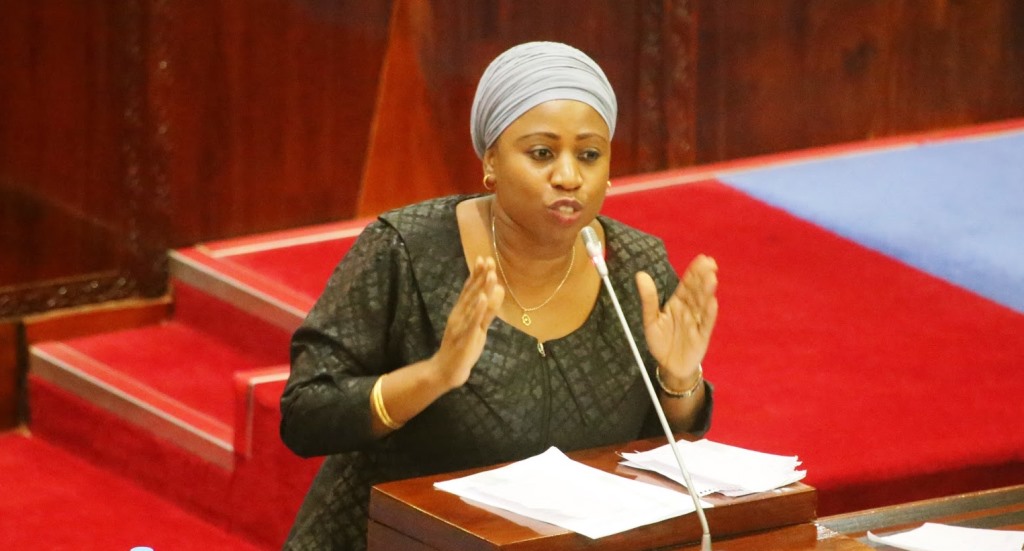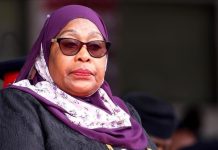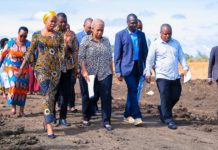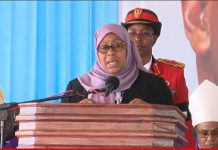AfricaPress-Tanzania: THE Minister for Health, Community Development, Gender, Elderly and Children, Ms Ummy Mwalimu, told parliament on Thursday that a total of 349 elders are being taken care of by the government at its 13 centres.
The minister said out of that number, 149 were women and 200 were men.
She said the government had been charting special strategies and programmes for taking care of the elders, and that so far there are 13 centres that are catering for them.
She said that as of March 2020, there were 349 elders in the said centres, and that majority of them had no children, relatives or close relatives to look after them.
The minister said that in recognition of the elder’s position in the society, the government had been charting plans to support all elders across the country, especially those who lived in abject poverty with no one to take care of them.
She said that through the local government, there had been special programmes for recognizing such elders, and that majority of them had been given special identity cards that enable them access social services free of charge, including health services and psychological support.
The minister was responding to Special Seats MP Joyce Sokombi (Chadema), who wanted to know the number of elders who lacked people to take care of them and the government’s plan to ensure they got vital services.
The minister said so far, there is no exercise had been conducted to establish the number of needy elders.
She said it was difficult to do so as some of them begged on the streets during daytime and rejoined their families in the evenings.
However, the minister asked local government authorities to continue recognizing elders who were in need of government support so that they could be reached easily.
According to the 2012 Population and Housing Census, out of 44.9 million people, 2.5 million (5.6per cent) are estimated to be aged 60 and above (1.2 million male and 1.3 million female).
Plus, 80 per cent of elderly people live in rural areas, 40 per cent of all orphans in Tanzania are cared for by older people, usually their grandmothers.
Moreover, 2,866 elderly people were murdered over allegations of witchcraft in 10 regions over five years, which is an average of 573 a year.
The census shows that 96 per cent of elderly people in Tanzania do not have a secure income, but 73 per cent of older people remain economically active, with most engaged in small-scale agriculture.
Furthermore, households with elderly caregivers are 22.4 per cent more likely to be poor and food insecure. Also, nearly 60 per cent of deaths among those in some districts of Tanzania occur due to non-communicable diseases.







